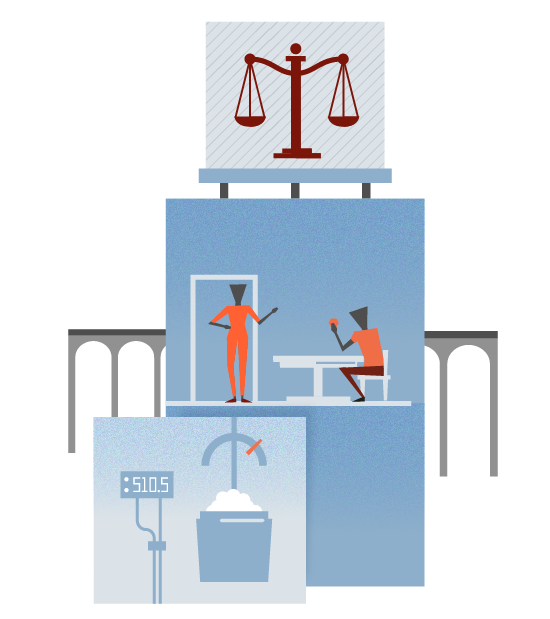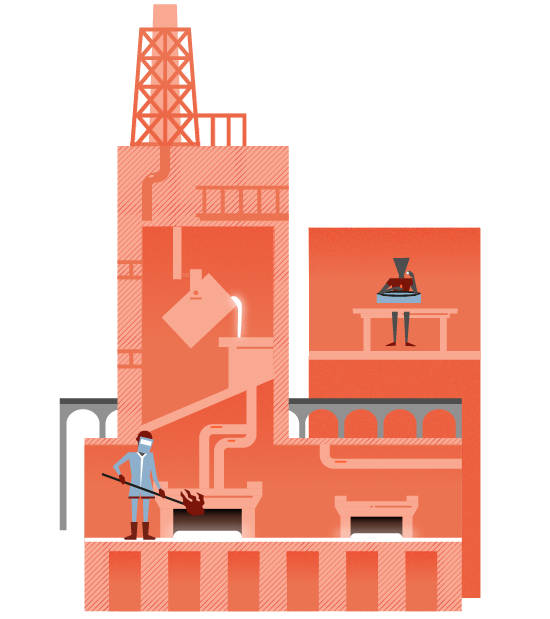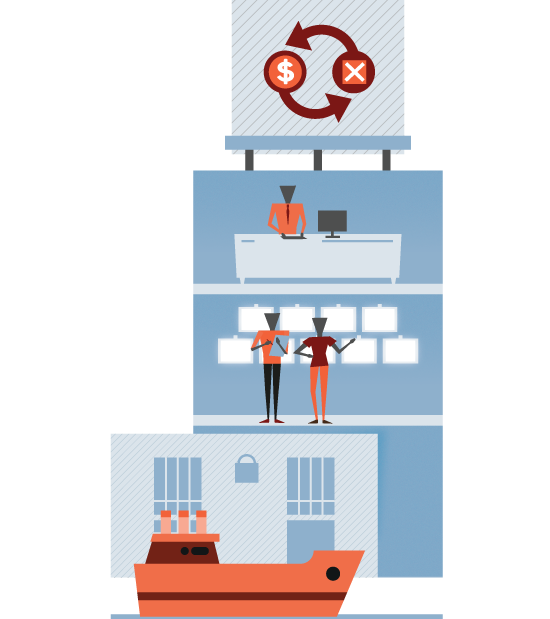
Due Diligence
Guidance
for Responsible Mineral Supply Chains
Due diligence and responsibilities in the mineral supply chain
The mining, transport, and trade of mineral resources can fuel growth and employment, generate income, and promote local development. At the same time, mineral supply chain can be linked to serious human rights abuses (e.g. child labour, forced labour), money laundering, bribery, and funding for terrorism or armed groups. The OECD Due Diligence Guidance was developed to help companies avoid contributing to conflict, serious human rights impacts and financial crime through their operations or mineral sourcing practices.
How should you carry out due diligence?
Implement a risk-based approach
Companies should implement a risk-based approach to perform adequate due diligence. Activities associated with higher risks will require more intensive due-diligence and monitoring activities.
Adopt a progressive approach
Due diligence is an ongoing process of gradual improvements. Companies should encourage change by engaging constructively with suppliers, including informal actors.
Make good faith efforts
Companies are expected to take reasonable steps and make good faith efforts to carry out due diligence in their supply chains. They are not expected to achieve full compliance with the Guidance overnight.
Mitigate risks — but don’t embargo high-risk areas
Due diligence helps companies operate in or source from high-risk areas in need of responsible investment and trade. Except in the most harmful circumstances, companies should use their leverage with suppliers to improve conditions on the ground.
The OECD’s five-step framework
The Guidance provides detailed recommendations to help companies meet responsible sourcing expectations. The five-step, risk-based due diligence process is relevant to all companies in the mineral supply chain that produce or use minerals from conflict-affected or high-risk areas. It applies to all minerals and is global in scope.

1
Establish strong management systems
Adopt due-diligence policies and build internal capacity to implement them. Engage with suppliers and business partners. Develop internal controls and transparency over the mineral supply chain, collect data, and set up grievance mechanisms.

2
Identify, assess, and prioritise risks
Review information on the supply chain to identify any red flags that would trigger enhanced due diligence. Delve deeper and map the factual circumstances of the red-flagged operations, supply chains, and business partners. Prioritise risks as set out in Annex II of the Guidance (see risks below).

3
Manage risks
Report risk assessment findings to senior management and improve internal systems of control and oversight. Only disengage from suppliers associated with the most harmful impacts. In all other cases, take steps to increase leverage, either individually or collaboratively, to prevent or mitigate risks. Build internal and business-partner capacity.

4
Audit control points
Carry out independent third-party audits to verify that due-diligence practices have been implemented properly at key “control points” (refiners and smelters for tin, tungsten, tantalum and gold, for example) in the supply chain. Auditors should gather findings and recommend specific improvements to existing processes.

5
Communicate and report on due diligence
Publicly report on supply chain due diligence policies and practices including by publishing the supply chain risk assessment and management plan, with due regard to business confidentiality and other competitive concerns. Respond to stakeholder questions, concerns, and suggestions.
Mineral supply chains explained
Below is a simplified illustration of the supply chain from start to finish. In reality, mineral supply chains are more complex, with overlapping and interconnected relationships and multiple intermediaries between each stage. Still, everyone in the supply chain has a role to play in performing due diligence. Where do you fit in?
Risks covered in the Guidance
All actors in the mineral supply chain can be at risk of contributing to adverse impacts of the mineral trade — regardless of their position in the supply chain. Due diligence helps companies identify whether their supply chains are risky and prioritise the most severe risks associated with sourcing minerals from high-risk areas:
A summary of supply chain due diligence
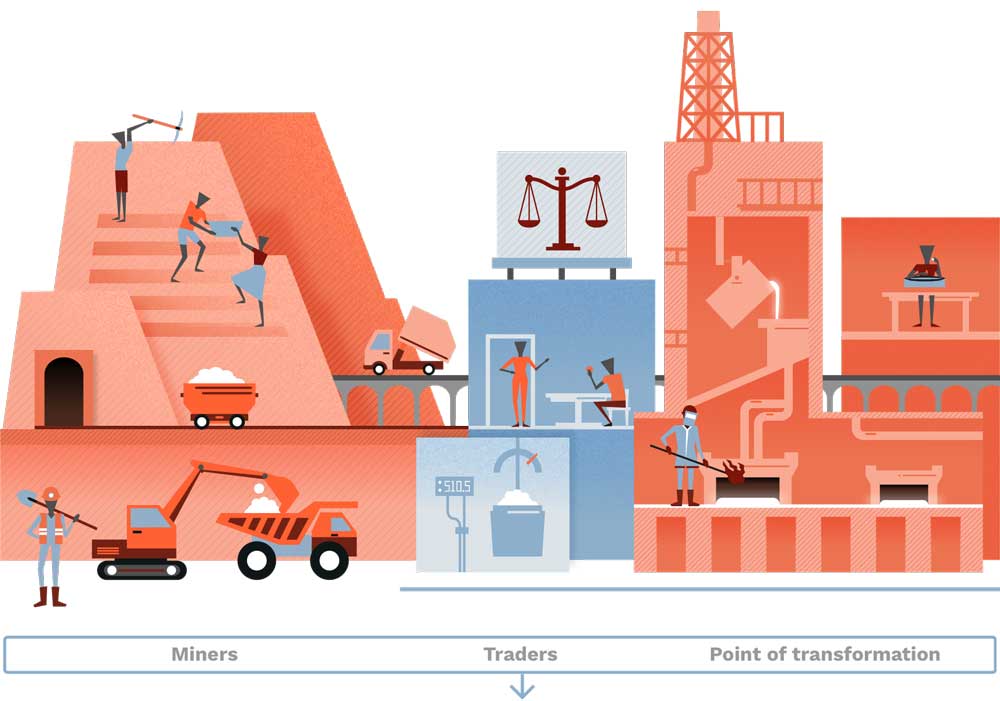
Upstream
- Establish a system of transparency to gather information on country of origin and suppliers, and undertake a red flag review
- For red flagged supply chains, undertake on-the-ground assessments of mines, producers, and traders for conflict, serious abuses, bribery, tax evasion, fraud, money laundering
- Collaborative engagement with local government, CSOs, local business to prevent and mitigate impacts, monitor
- Report publicly on due diligence efforts
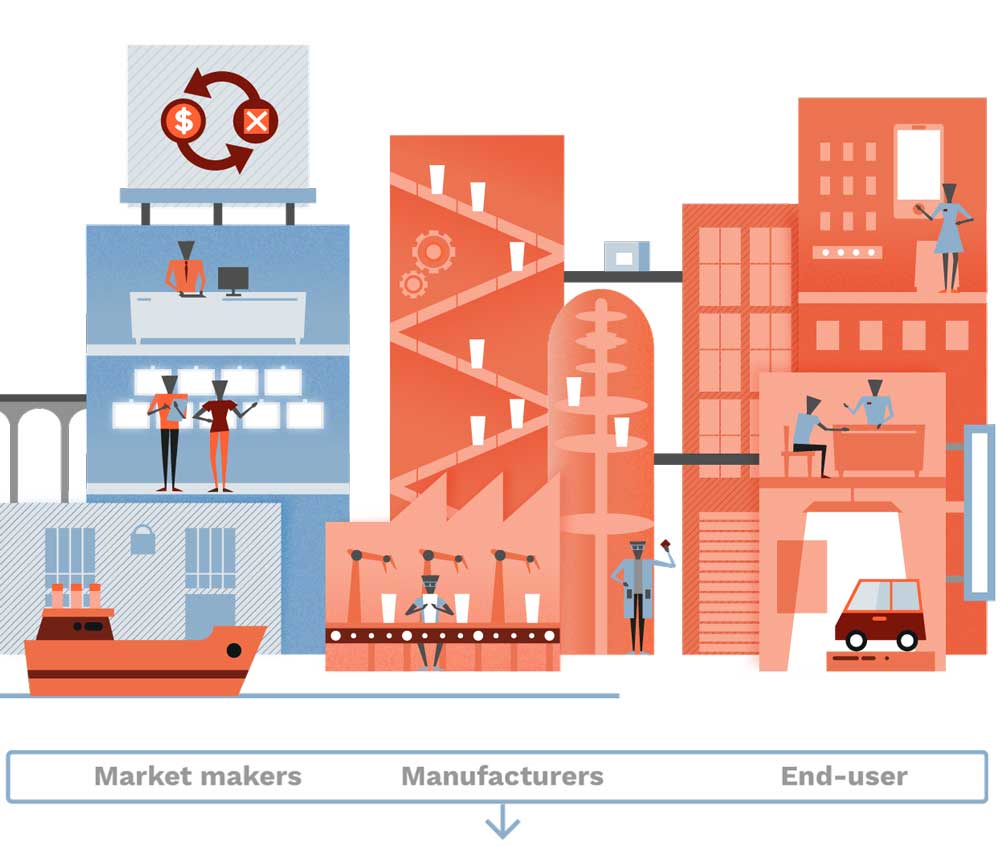
Downstream
- Identify ‘choke points’ in supply chain (e.g. metal smelter or refiners)
- Collect information on their upstream due diligence (e.g. both through individual efforts and industry auditing)
- Use collective industry leverage to encourage improvement of upstream due diligence
- Report publicly on due diligence efforts
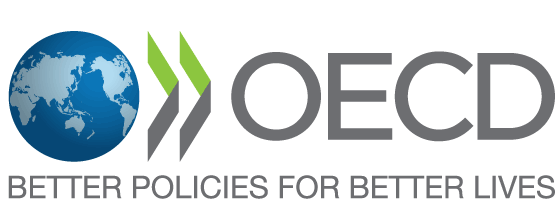

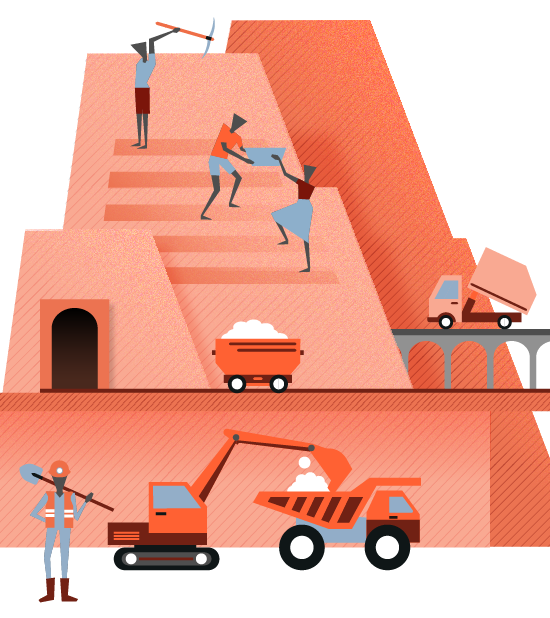
 Miners — Step 1
Miners — Step 1 Miners — Step 2
Miners — Step 2 Miners — Step 3
Miners — Step 3 Miners — Step 4
Miners — Step 4 Miners — Step 5
Miners — Step 5